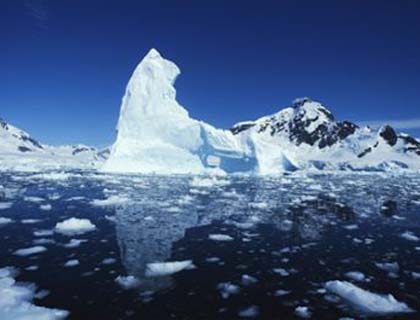NEW YORK - As the General Assembly continued its annual high-level debate, UN Secretary-General Ban Ki-moon met separately with several leaders to discuss issues ranging from regional cooperation in Central Asia and the situation in Lebanon to climate change and nuclear safety.
In his meeting with the President of Turkmenistan, Ban thanked Gurbanguly Berdimuhamedov for his Government's continued support for the UN Regional Centre for Preventive Diplomacy for Central Asia (UNRCCA), located in the capital, Ashgabat.
Set up in 2007, the Centre helps facilitate dialogue between the five countries in the region – Kazakhstan, Kyrgyzstan, Tajikistan, Turkmenistan and Uzbekistan – on regional issues of common concern, including water and energy management, counter-terrorism and sustainable development.
The Secretary-General and the President discussed prospects for regional cooperation, including in the field of counter-terrorism, according to information provided by Ban's spokesperson.
Ban also expressed his appreciation for Turkmenistan's efforts to promote economic cooperation between Central Asia and Afghanistan, and commended Turkmenistan's regional initiatives in the fields of disarmament and energy.
He also confirmed the readiness of the UN to continue its support for electoral processes in view of the upcoming presidential elections in Turkmenistan in 2012.
In his meeting with President Viktor Yanukovych, the Secretary-General expressed appreciation for Ukraine's contributions to UN peace operations. They also exchanged views on the issues of climate change and nuclear safety and discussed UN activities in Ukraine.
Ban reiterated his support for the work of the Special Tribunal for Lebanon (STL) in his meeting with that country's President, Michel Sleiman. He also reiterated his call on the Government to implement all its obligations with regard to the tribunal, which was set up to try those alleged to be responsible for the 2005 assassination of former prime minister Rafiq Hariri.
The two men also discussed the implementation of Security Council resolution 1701, which ended the 2006 war between Israel and the Lebanon-based group Hizbollah; the importance of full respect by all parties for the so-called Blue Line separating the two countries; and the key role of the UN peacekeeping force in southern Lebanon (UNIFIL). (IBNS)\

